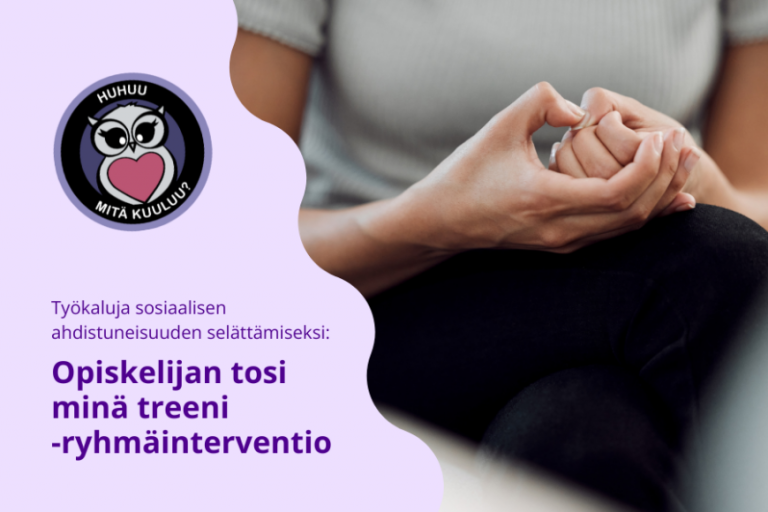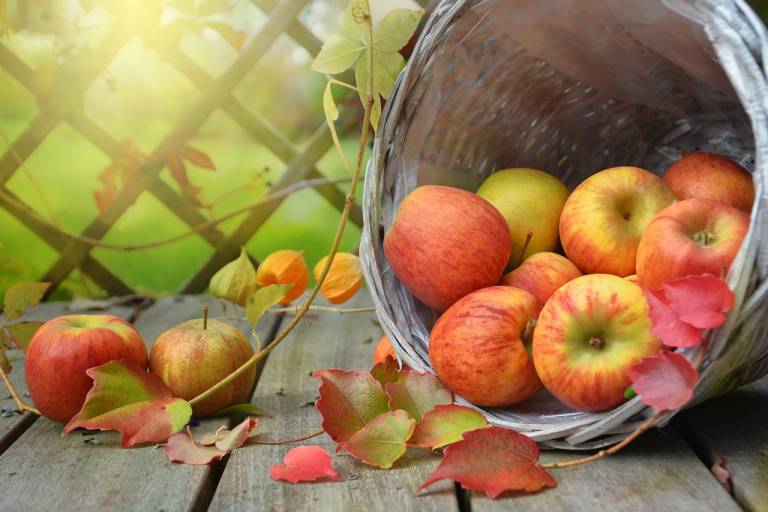Life is not always easy. We often encounter situations and things that arouse, for example, concern, fear, anxiety, anger, or guilt in us. We are often unable to have a major effect on those things. We can have very little influence on, for example, the spread of Covid-19, the behaviour of other people, or the world economy.
We also have relatively little influence over the unpleasant thoughts and feelings our minds produce. It is not easy to live with them, and often we just want to deny their existence. However, trying to control, reduce, or eliminate difficult feelings can lead us to a struggle that will take time and energy even though we cannot win.
Struggling with difficult emotions and thoughts can be compared to a struggle in quicksand. The more you fight back, the more the sand will pull down. What if you stopped struggling? Even if you are still stuck in the quicksand, at least you will not sink deeper. When you no longer spend your time and energy fighting, you can do something else.
Ending the struggle means giving space for difficult feelings and thoughts. They can then increase, stay the same or decrease. However, you will no longer tire yourself by struggling, but can use your energy to allow, encounter, and perhaps even accept these awkward feelings.
If you wish, you can try doing the Drop the Anchor exercise (Harris, R. 2019. Act Made Simple):
Imagine you are the captain of a ship preparing for a storm. You drop the anchor from the hull. It does not remove the storm but keeps your ship in place. In the same way, you drop an anchor in your mind. It does not remove the storm of emotion or thought but anchors you down. You can try it first calmly by taking your time, and then imperceptibly in different everyday situations, for example at a bus stop. Once you are familiar with dropping the anchor, you can do it whenever a storm comes.
- Notice and name your emotions. Also notice the thoughts that you have right now. Also note your bodily sensations. Along these lines: “Here is anxiety. I am thinking that I will not make it, and I feel pressure on my chest.”
- Extend you attention to your body. Press your feet against the floor. Breathe in and out. Notice how air is flowing through your body. Improve your posture and move. Stretch your arms and open your chest.
- Widen attention to your surroundings. Notice various sensations: what can you see, hear and smell? If the storm is big: notice and name five different sensations. Notice the other people around you.
- Repeat until you are no longer dominated by thoughts and emotions.
You may regard your attention as the beam of a spotlight. If you point it under a cupboard in the dark, you will see the monster lurking there brightly while everything else stays dark. In the same way, you can also point the spotlight at your thoughts, feelings, and body sensations. Or you can focus it on the things you can hear, see, feel, smell, or taste.
Every now and then when we do different things – wash the dishes, study, spend time with a friend – we suddenly remember something unpleasant or get an awkward feeling. Even as we continue to act, our attention is on that memory or thought, and we are no longer present in the current situation. The spotlight is on that nasty thought and other things are left in the dark.
The problem is not that difficult feelings, thoughts, or memories arise in us, but that the spotlight of our attention is narrowly focused on just them. By expanding the spotlight, you can bring your attention back to the current situation. The Drop the Anchor exercise described above can help you. You may still be worried or anxious, but also present in the situation. When you turn on the lights, the monster lurking under the cupboard is perhaps no longer so scary.
We often tend to wait for something external to change before we change our actions. We look forward to a vacation, graduation, a job, an improved mood, weight loss, retirement, the disappearance of anxiety or getting rich. Instead of waiting, you have your life to live. What would you do differently if you were willing to face your unpleasant feelings and thoughts? What would you do differently if you had already achieved those things you might be expecting?
We wish you courage to do things differently!
Study Counselling Psychologists Taija, Sonja, Simo and Eero.
The text is based on and the Drop Anchor exercise is borrowed from Patrick Zilliacus’s workbook Vapaudu mielesi karanteenista, Hyväksymis- ja omistautumisterapian työkirja. You will find more reading and exercises there (in finnish).
The study psychologists write letters to students and personnel this spring to help them maintain well-being during teleworking. All the letters are available on the group counselling channel
Ryhmäohjaus.
Please note that the services of the study psychologists and other centralised academic guidance and counselling services will remain available to students as usual during the current exceptional circumstances. Please see the Students’ Guide for more information.
The Study skills for distance learning page and other study skills pages are available on the Student’s Guide.





